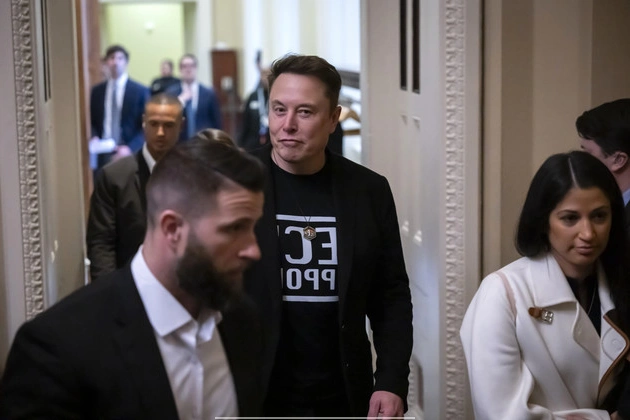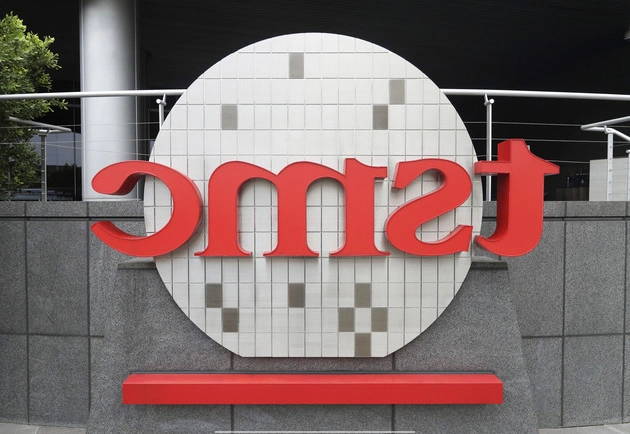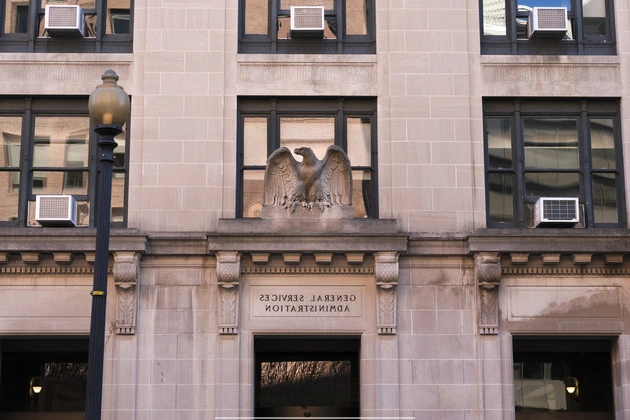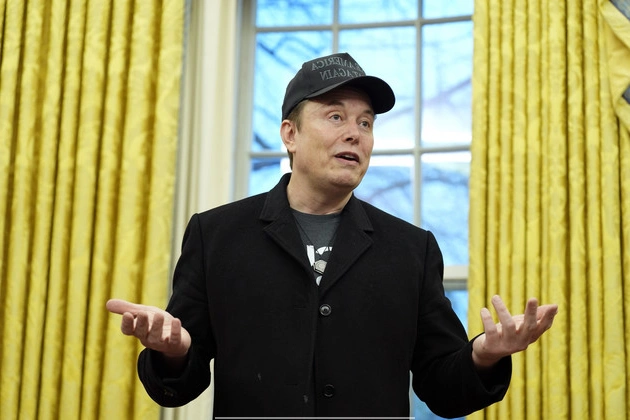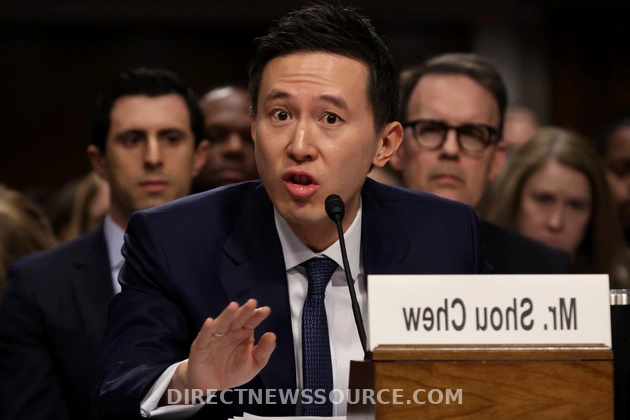
Washington's Dilemma: The TikTok Ban Countdown
Washington’s Last-Minute Efforts
With the clock ticking towards a historic TikTok ban, Washington finds itself in uncharted waters as lawmakers scramble to salvage the popular app. The looming deadline of Jan. 19 for TikTok to sever ties with ByteDance has spurred a flurry of activities across Congress, the White House, and federal agencies.
Bipartisan Appeals and Political Maneuvers
A bipartisan group of lawmakers, led by Senate Minority Leader Chuck Schumer, has made a direct plea to President Biden to extend the deadline, citing the need for more time to facilitate an American acquisition of TikTok. This unexpected alliance reflects the growing realization that a ban on TikTok, with its 170 million U.S. users, could have far-reaching consequences.
Even former adversaries like President Trump are now advocating for ways to avert the ban, potentially putting the Justice Department in a challenging position of non-enforcement. The shifting political landscape has prompted both sides to reconsider their stance on TikTok, with some proposing compromises to keep the app operational.
The Quest for a Last-Minute Deal
Lawmakers on both sides of the aisle are exploring options to spare TikTok from the ban, with Democrats urging President Biden to leverage his authority for an extension. However, conflicting interpretations of the law and the lack of a viable divestment plan from TikTok have complicated the situation.
Industry insiders and political analysts view the current standoff as a high-stakes ‘game of chicken,’ with the fate of TikTok hanging in the balance. The need for a swift resolution that safeguards national interests while preserving the app’s functionality has become paramount.
The Road Ahead
As Washington grapples with the impending TikTok ban, divergent opinions within Congress highlight the complexities of the issue. While some lawmakers advocate for preserving TikTok under new ownership to protect user data, others emphasize the risks associated with Chinese influence.
The legal battles and political wrangling surrounding TikTok underscore the broader debate on national security and digital governance in the digital age. As the deadline draws near, the fate of TikTok remains uncertain, leaving policymakers and industry stakeholders on edge.






